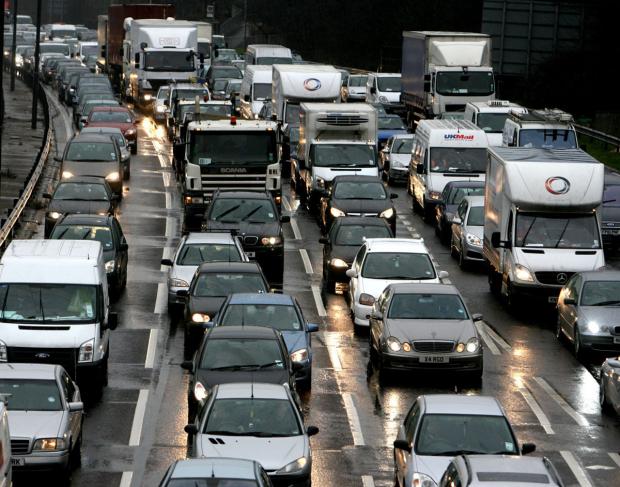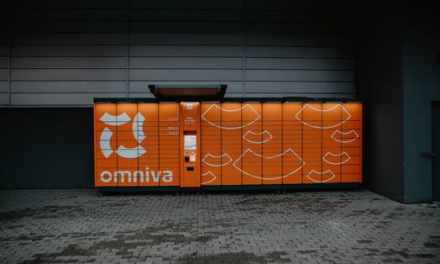
ITC report focuses on urban logistics challenge

A new report by the Independent Transport Commission (ITC) has argued that more political will and collaboration are needed to drive greater efficiency in UK urban freight movements. The ITC report examines the scale of the growing urban logistics challenge in Britain, successful initiatives and the development of the necessary tools to drive efficient deliveries.
The report examined the successes to date and the obstacles to further progress through three main case studies on: retiming deliveries with DHL; consolidation centres with the London Borough of Camden; and the use of new technologies such as the Starship Technologies’ delivery robots.
The report found that some of the key issues that needed to addressed included:
- Urban congestion. According to ITC: “Light good vehicles (LGVs) are the fastest growing segment of urban road traffic. In London in 2015, LGVs were responsible for 14% of the vehicle kilometres travelled, compared to 10% in 1993 and 11% in 2000. Population growth in cities is also increasing the demand for deliveries.”
- Air quality. High levels of nitrogen oxides and particulate matter have been linked to diesel engines, which are common amongst LGVs. Cities including London are now introducing more emission control zones in an effort to counter the problem; and government schemes are being introduced to incentivise a switch away from diesel to “cleaner”options, including electric vehicles.
- Noise and the timing of deliveries. As the ITC points out: “Freight vehicles often have more powerful and nosier engines than private motor vehicles, and the dispatch and collection of goods often involves noisy operations.”
- The ‘last mile’ challenge. According to the ITC: “Due to the density of urban housing and infrastructure, the last part of freight journeys is often the least efficient in terms of time, emissions and congestion. It also brings particular challenges including parking, locating delivery points and the need for customer interaction.”
As previously reported by Post&Parcel, the UK Government is currently gathering views on the draft Air Quality Plan, which proposes mandating local authorities and other public bodies to tackle urban emissions.
Dr Matthew Niblett, Director of the ITC, commented: “People are waking up to the fact that freight produces a large and growing portion of daily road miles, particularly during the peak hours. With online retail delivery volumes growing by 10% in 2016, we need individuals, businesses and public organisations to break out of the ‘free delivery’ mind-set.”
He added: “The Government, metro mayors, transport authorities, local authorities and other public bodies need to get on the front-foot to drive change through a combination of actions, including establishing a conducive regulatory framework, interrogating their supply chains, harnessing new technologies, seed funding consolidation centres until the necessary scale is achieved to allow these to operate independently. All the while encouraging behavioural change from all quarters, including suppliers, customers, the logistics operators and staff employed by public bodies.
“For example, TfL estimate that delivery savings of between 30-50% could be achieved by councils adopting three key steps: restricting deliveries to twice a week, establishing a minimum order of £50, and encouraging delivery to door, not to people’s desks.
“There’s no room for complacency in the public or private sector, if we are to be successful in tackling growing congestion and harmful emissions in urban areas.”
The ITC said that it will be sharing the report with the Department for Transport, all metro mayors, Transport of London (TfL), Transport for the North, Midland Connect and local authorities.
Post&Parcel Live
Earlier this month, Post&Parcel organized a seminar on London which focused on the Inner City Delivery Challenge. The event was sponsored by What3Words and On the dot and look at new technologies and ways of working that are helping to make urban parcel deliveries more efficient.
Next month, there will two more Post&Parcel Live Seminars, taking place in London’s Hallam Conference Centre:
- Optimising the Parcel Supply Chain on 20 June
- Delivering Postal Transformation on 26 June.
To learn more about attending the event or commercial opportunities, please contact Tom Ross-Joannou or Stephen Clark via email or call the team on +44 (0)1628 642910.













